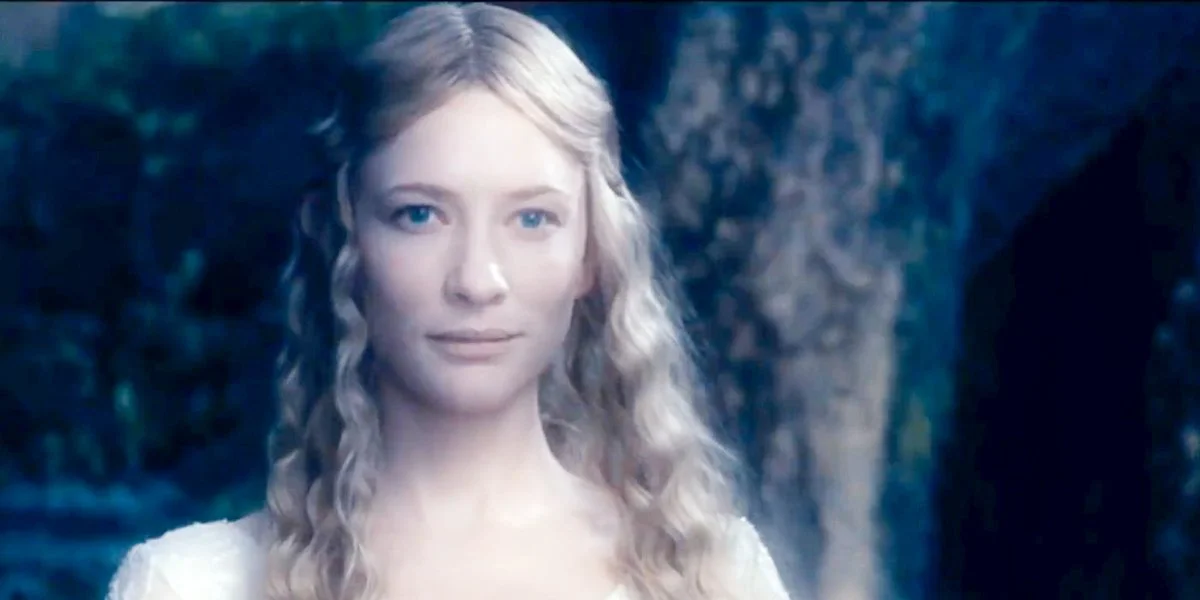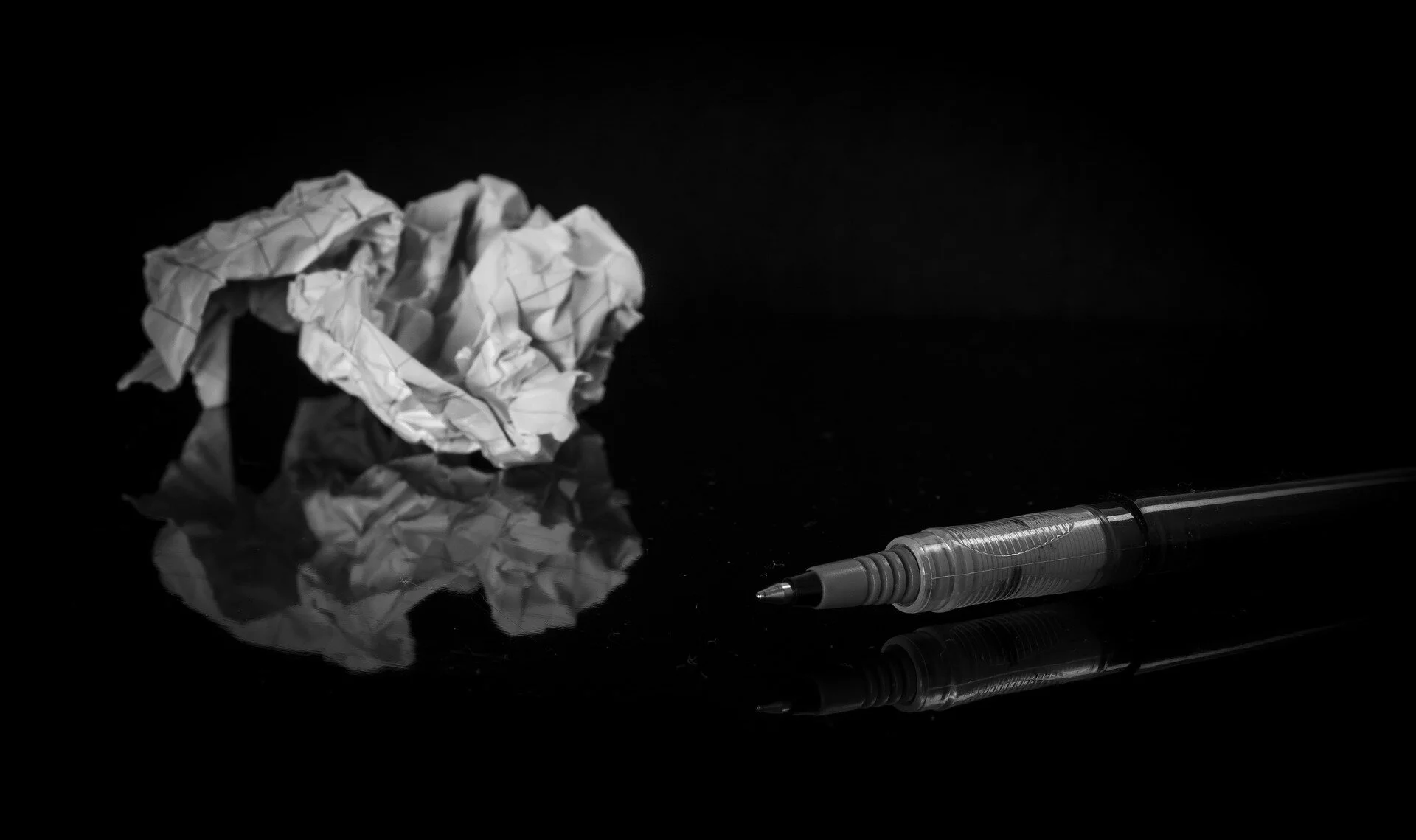Looking Medusa in the Eyes
Ancient mythology is full of tales about the power of the look—or, more commonly, of refraining to look—of averting ones eyes and gaze from some object of desire or affection that will cause one harm, whether morally or physically. The example from Ancient Greek mythology that comes immediately to mind is Medusa, eye contact with whom would turn one immediately to stone. Such cautionary tales about the power of the look are found in various religious sources as well, such as the well-known tale of Lot’s wife in the book of Genesis who became a pillar of salt upon looking back at Sodom and Gomorrah as the cities were destroyed by brimstone and fire as punishment from God for their so-called sexual immorality and hedonism.
Conventional wisdom holds that the wisest course of action is to avert our eyes from the objects of our desire that might lead us to ruin. Such is the advice of those who identify with the Abrahamic religions in any case—Judaism, Christianity, and Islam. Why, after all, would one willingly look toward one’s own destruction when one has the free will simply to avert his or her gaze and avoid such a tragic fate?
Although that conventional perspective on averting one’s gaze has the appearance of wisdom, there is something rather pitiful, even cowardly, about the need to look away. After all, averting one’s eyes only grants even more power to the object of one’s gaze over you, giving it the authority to determine the direction of your gaze and your own subsequent fate. If, indeed, there are real-world analogues to Medusa—or to Sodom and Gomorrah—with the power to bring about a person’s ruin and downfall by a simple look, what other choice is there besides averting one’s eyes to avoid turning to metaphorical stone or a pillar of salt?
I myself reject the notion that there are any object of desire that can bring about one’s ruin solely from the look alone, despite the admonitions of more-or-less well-intentioned pastors and youth leaders from my religious days as a teenager in the Evangelical church community (before the Evangelical community went off the proverbial deep end decades later in the Trump era). Growing up in Evangelical circles, I witnessed countless modern examples of averting one’s eyes, such as the ritual and communal burning of pornographic magazines, which was somehow supposed to make their bearers have fewer (or at least more acceptable!) sexual desires and less horniness in the process, in a kind of symbolic baptism by fire, some vain attempt at mastering and subduing one’s own sexual desires. The burning of pornography is perhaps the modern Christian equivalent of Medusa losing her head at the hand of Perseus as a metaphor for Herculean mastery over one’s own sexual desires—overkill to say the least.
As a philosophical side-note, 19th-century German philosopher Friedrich Nietzsche must be doing a 360 in his own grave every time some puritanical religious believer attempts such naive denial of one’s true self and such a futile mastery over one’s anatomical desires. And, indeed, the French existentialist philosopher Albert Camus might have said that attempting to do so has a rather never-ending, Sisyphean quality to it—with, I suspect, near-daily relapses!
Why do we give the objects of our desire such power over us in the first place? Can’t we continue to look at the objects of our desires and take back control over our own fates, acknowledging the omnipresence and persistence our desires, and even (heaven forbid!) generously indulging in the satisfaction thereof, while simultaneously stripping them of their authority over us—and perhaps stripping religious and moralizing authority figures of their power over us, if not their will to power over us, in the process as well? A similar question might question may be raised about alcoholism: should the alcoholic aim to abstain from alcohol completely or to be able to indulge in alcohol whenever he or she chooses while learning to master and overcome its potentially negative consequences and destructive effects?
I certainly don’t want to be turned into a stone or a pillar of salt, but I don’t want to be an ascetic in constant fear of the objects of my own innermost desires either. My deepest desires may sometimes lurk in the shadows, but they are as harmless as a papier-mâché tiger and have no real power over me; the tiger has no teeth. I don’t want to always look away, in constant fear of tempting fate. I want to look Medusa in the eyes and strip her of her power over me, to give in to and delight in the flames of passion as Sodom and Gomorrah burn, to live another day and go about the rest of my business unscathed with my body, heart, mind, and soul fully intact—with my deepest biological and psychological desires fulfilled and my highest ambitions reached.
I want to be the true master of my passions, not in the sense of subduing them as Stoics, Buddhists, and Christians (Nietzsche’s trinity of nemeses!) collectively and individually aim to do, arm in arm with repression and denial, but in the sense of allowing myself to indulge in them completely while simultaneously maintaining full control over my own faculties and fate. If looking at Medusa for as long as I like without averting my gaze can no longer turn me to stone, surely I can likewise enjoy the look, the kiss, the embrace, and the pleasure of the orgasm without fear of my organs—internal or external—immediately turning to salt or stone (and most certainly without hair growing on one’s own palms).
We all have some Medusa or other in our lives, something that we have given power over our eyes, our desires, our lives, and our fates. The challenge, then, is not simply to look away, which is always cowardly and easier, but to really look those metaphorical Medusas in the eyes and maintain the eye contact, to acknowledge the barest psychological, biological, psychological, and sociological facts of one’s own existence, and to be the kind of being you are, with all of those qualities intact, allowing those desires to flourish and to be fulfilled without any risk of rapture or ruin.
That is the real Promethean task in crafting your own best life: not to tear your desires down or subdue them—or worse, deny them altogether—but to stoke them and build them up to the point where your life and spirit are strong enough to look Medusa squarely in the eyes while falling into her (literal or metaphorical) arms, and to frolic gleefully in the flames of passion, delight, and ambition as weaker people around you turn to either salt or stone, or worse, never learn to really live, from the unfounded fear of salt and stone in the first place.







